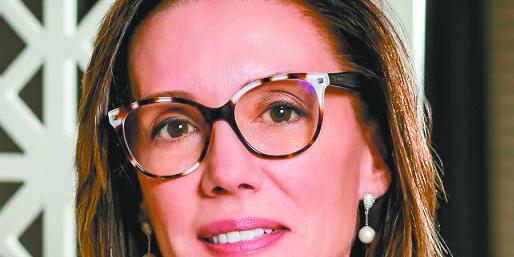For a year and four months, science has been fighting a resilient and relentless battle against the Covid-19 pandemic. In my years of research, I do not see a moment that can be compared to the challenges we have faced since then and the achievements that have been made. Science has better understood the virus, suggested treatments based on well-conducted tests, and created vaccines. But the need to keep learning and join forces is huge. And not drained.
In Brazil, participation as research volunteers is still not as widespread as in other countries. But the empathy brought on by the pandemic and the understanding that Covid-19 is a disease in society spread the importance of each one in the process. The volunteers and their families had a unique size and importance, understanding all the needs of science and its application.
Amid the uncertainty that the Covid-19 virus brings, and the pain of losing or seeing someone you love suffer, they didn’t think twice about helping save lives.
And if research has new faces, it also has new eyes and hands. Nurses, pharmacists, intensivists, surgeons and physiotherapists have been the champions of new results and above all of new applications. They are professionals hitherto not involved in academic research, but, due to the imposition of the virus, they combined assistance with material collection, micro-biopsies, volunteer recruitment, and immediate implementation of changes to protocols.
This process is very important because science is not following the usual pace of an epidemic. Research is ongoing and its results immediately guide the actions of frontline professionals in the care of affected patients. Network researchers exchanges bring together reference hospitals across the country, exchanging information in record time and allowing health institutions to adapt to each change verified by researchers in different parts of the world.
If we use the prevalence reported in the latest study by Imperial College London, we have, in Brazil, a number of people that could range from 4 to 11 million, with the massive impacts on their lives and the lives of their families that that has brought – called ‘Long Covid’. , including reduced ability to work. After an acute period of illness, isolation, and loneliness in a proportion of those affected, there are acquired disabilities. If we consider that the current Brazilian patients are becoming increasingly younger, it is clear that this will have an even more pronounced impact on society.
And more than ever, you need to see the people behind these numbers. There is no denying that science has taken on new faces since the advent of Covid-19. They are fathers, mothers, wives, children and entire families who have put the potential to advance discoveries about the coronavirus above their own pain, especially mourning. The commitment of these patients and their families made all the knowledge we have today possible.
People who are not numbers but faces, as well as the many faces that were part of science during this period. Just as Covid-19 is a disease of society, the effects it will have will also be, and by acting as an integrated society we will reduce these effects in the medium and long term.

“Hardcore beer fanatic. Falls down a lot. Professional coffee fan. Music ninja.”






More Stories
The law allows children and adolescents to visit parents in the hospital.
Scientists pave the way for the emergence of a new element in the periodic table | World and Science
Can dengue cause hair loss? Expert explains how the disease affects hair